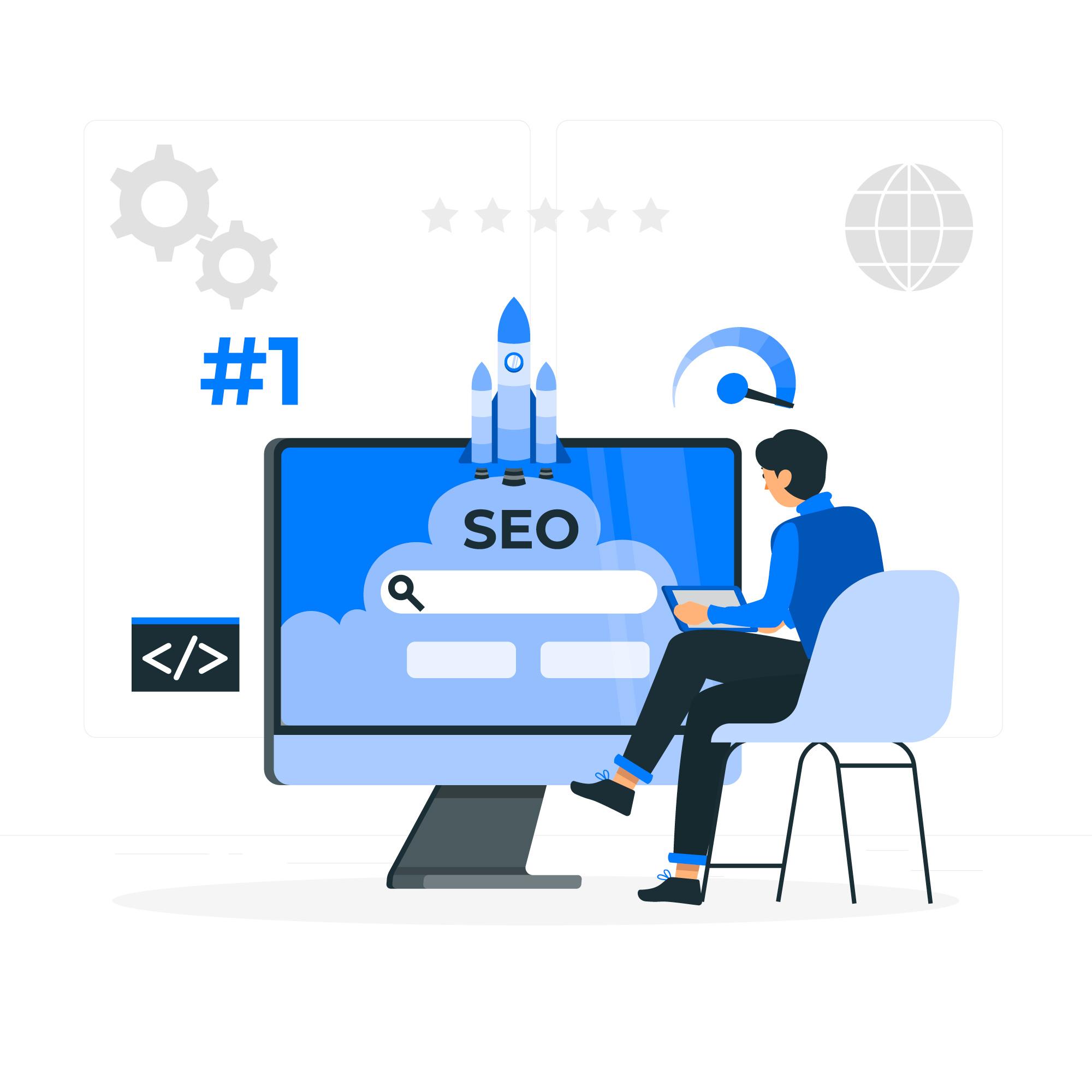Within the dynamic realm of internet marketing, search engine optimization (SEO) continues to be an essential component for companies looking to improve their online presence. Although off-page and on-page SEO are equally important, this article will concentrate on understanding on-page SEO strategies that can dramatically improve your search engine rating. Your website’s relevance, credibility, and user experience can all be enhanced by optimizing different aspects of it, which can eventually raise its search engine ranks.
Keyword Research and Placement: The Foundation of On-Page SEO
To find the terms and phrases your target audience is likely to look for, start by doing extensive keyword research. After you’ve compiled a list of crucial keywords, carefully insert them into important spaces like:
Tags for titles
Metadata Synopses
Header Tags: H1, H2, H3, and so forth
URL Organization
Body Composition
Keep in mind that user-friendly and natural integration is essential to prevent keyword stuffing, which might lower your ranks.
Optimize Page Titles and Meta Descriptions
Provide clear, attention-grabbing page titles and meta descriptions that appropriately sum up your material. Make sure the titles and descriptions are compelling enough to entice readers to click through, but also naturally incorporate pertinent keywords. A well-written meta description can raise click-through rates and enhance the way search engines display your website.
Create SEO-Friendly URLs
Create clear, understandable URLs that are simple for users and search engines to access. Make sure the URL contains the relevant keywords and omit any extraneous arguments or symbols. A well-organized URL structure improves user experience and aids search engines in understanding your content.
Optimize Header Tags
Make use of header tags (H1, H2, H3, etc.) to logically organize your information. The principal keyword should be included in the H1 element, which serves as the page’s main heading. The information can be arranged and outlined hierarchically using subsequent header tags, which will make it easier for users and search engines to understand.
Quality Content is King
Provide insightful, timely, and high-quality information to keep your audience interested. Continually provide new content to your website to show search engines that it is authoritative and up to date. Although long-form content frequently does well, it’s important to put content above length.
Optimize Images with Alt Text
While they are unable to “see” photos, search engines can interpret alt text. Make sure the alt text for every image on your website contains pertinent keywords and is descriptive. This gives search engines more context about your material and enhances accessibility for visitors with visual impairments.
Internal Linking Structure
Make your website’s internal linking structure logical to help search engines and users navigate it. Employing evocative anchor text, connect pertinent pages to one another. Internal links enhance navigation, demonstrate the interconnectedness of your material, and assist disperse page authority.
Conclusion
Gaining expertise in on-page SEO is a continuous process that calls for commitment and flexibility. By putting these strategies into practice, you’ll improve user experience as well as search engine visibility for your website. To improve your on-page SEO strategy and keep ahead of the competition, remain up to date on industry trends and algorithm adjustments. Keep in mind that the objective is to deliver value to your audience through well-optimized and user-friendly content, not only to appease search engines.
Click here to understanding Search Algorithms







